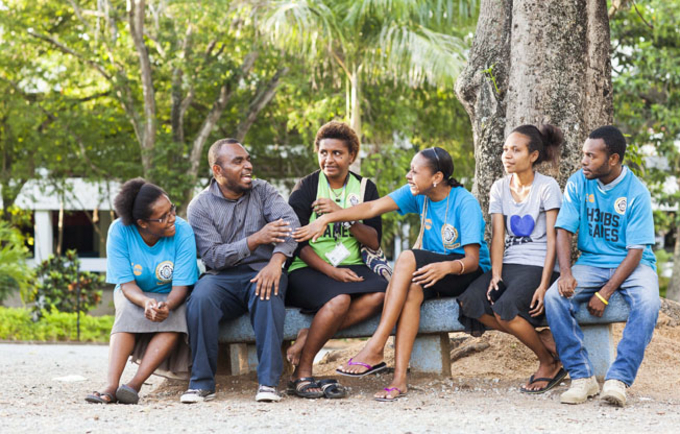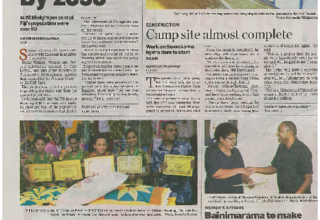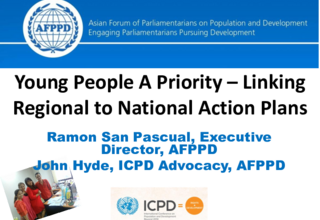UNFPA has strengthened national statistical systems to ensure increased availability, analysis, and utilization of high-quality, disaggregated ICPD/Sustainable Development Goals-related data, with a focus on informing national and sectoral priorities, policies, and programming in development and humanitarian situations. In collaboration with national statistical offices, the Pacific Community, United Nations agencies, and other partners, the program has achieved this in Fiji, Kiribati, Samoa, Solomon Islands, Tonga, and Vanuatu, by supporting:
(a) the utilization of the results of the census, the demographic health survey and other surveys, administrative and evaluation data;
(b) the development of evidence-based policy briefs and advocacy strategies for engaging in policy discussions for key SRHR, gender equality and violence against women, population issues including in humanitarian context; and the
(c) support for national statistical strategies which enhances public access to data and provides timely and relevant evidence for national and sectoral development and humanitarian planning, monitoring, and evaluation.
It has strengthened the use of demographic intelligence to improve policies, programs, and advocacy. In collaboration with national governments, civil society, regional partners, and the United Nations agencies, the program has achieved this output in all 14 countries. UNFPA supports:
(a) strengthening of partnerships designed to support the ICPD and Development/Sustainable Development Goals agenda;
(b) development of evidence-based advocacy policy briefs on sexual and reproductive health, gender equality, and violence against women; and
(c) integration of the ICPD/Sustainable Development Goals issues into national platforms.




